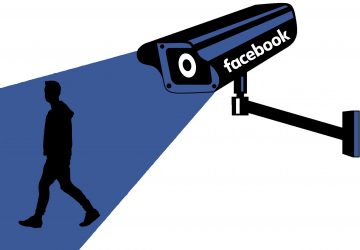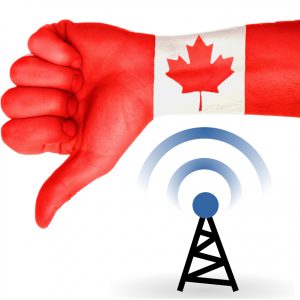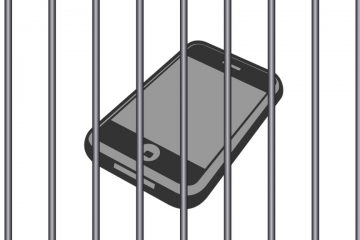New Facebook application for teens presents privacy concerns
Facebook released a new video sharing application called Lifestage this week that is intended for users under the age of 21. The social media company  has been losing market share to ephemeral applications like Snapchat, and has been looking for ways to engage the young users who favour its services. (Like introducing the disappearing ‘Stories’ feature to Instagram.) But the content that you share on Lifestage doesn’t go away. In fact, Facebook says:
has been losing market share to ephemeral applications like Snapchat, and has been looking for ways to engage the young users who favour its services. (Like introducing the disappearing ‘Stories’ feature to Instagram.) But the content that you share on Lifestage doesn’t go away. In fact, Facebook says:
“Everything you post in Lifestage is always public and viewable by everyone, inside and outside your school. There is no way to limit the audience of your videos. We can’t confirm that people who claim to go to a certain school actually go to that school. All videos you upload to your profile and record are fully public content.”
This is very troubling because Lifestage also asks for lots of personal information, like your telephone number and school. If Facebook is trying to compete with the hugely popular Snapchat, which they tried to purchase, then they’ve gone in the wrong direction with this one. The age demographic that most uses Snapchat, those under 21, have implicitly stated their preference for not sharing a lot of personal information, and having what they do share disappear. Lifestage is like an online record keeping service that uniquely connects your posts to you, forever.
End data caps in Canada!
OpenMedia is seeking to end data caps on all cellphone services in Canada by petitioning the Canadian Radio and Telecommunications Commission (CRTC).
They’ve observed that none of the big three wireless providers have packages that include unlimited data, which is something they’re arguing is unfair. As well, the incredible rates that the providers charge when a user goes over their data limits are not reflective of actual market value, and represent these large corporations taking advantage of individual consumers who don’t have any other options. It should also be noted that cellphone service providers in Canada operate under permits from the federal government that prevent competition and essentially allow a few companies to profit immensely, under the terms that they provide a certain level of equitable service to all Canadians. OpenMedia has already received 31,000 endorsements from Canadians, and large American telecommunications companies have begun offering unlimited data packages after relenting from consumer pressure, most notably T-mobile and Sprint.
The BBC and surveillance
Apparently the BBC has a history of surveillance. In the old days, the BBC employed “detector vans” that would crawl the streets of Britain looking for homes receiving their television signals, but not paying for their services. The BBC’s iPlayer allows devices to stream their content live, for a price. The thing is, not everyone using iPlayer is paying for it. Some newspapers have reported that the BBC will be enforcing, once again, payment for their service by sending out surveillance vans that can monitor home WiFi networks, decode their complex signals, and detect whether iPlayer is being used legitimately. But not only is that a very complex way of doing things, it also might be illegal. Unless the BBC already knows that a device is illegally accessing their services, and are simply looking for confirmation, they wouldn’t be able to employ a team of stealthy surveillance vans. However, according to the BBC, that doesn’t mean that there aren’t other ways of ensuring that everyone is paying for their services.
Password or freedom, your choice
In Canada, you can go to jail for not giving Border Agents the password to your cellphone. Whether or not that’s constitutional, is another question. The laws surrounding issues of digital privacy and the Canadian Border Services Agency are mirky because there’s contradictory legislation from the Supreme Court of Canada: personal privacy rights “are reduced in the context of border searches” but “the privacy interest in electronic devices is extremely high.” Despite the incongruity between these two rulings, we do know that people have, and most likely will continue to be, arrested for not giving Canadian Border Agents the passwords to their personal devices. And even if you’re not arrested, the Border Agents can still detain your electronics.

